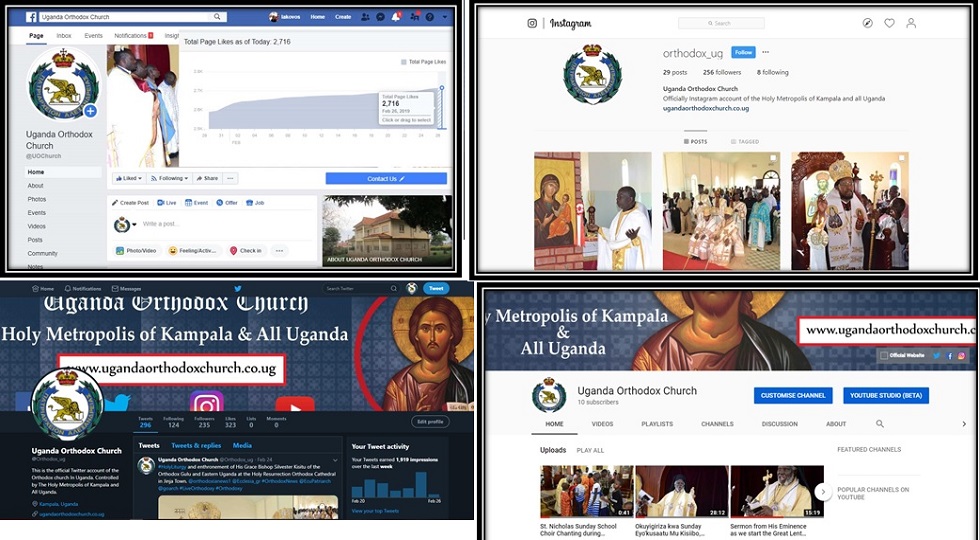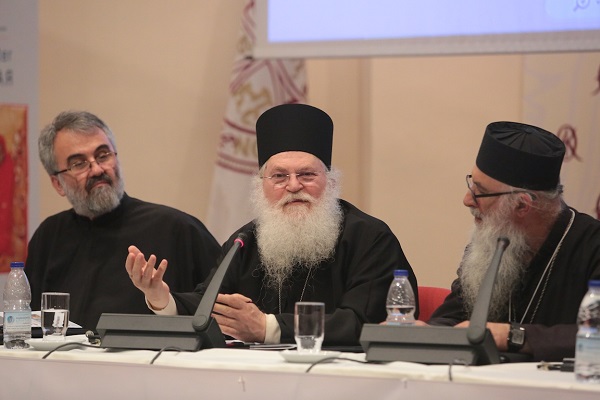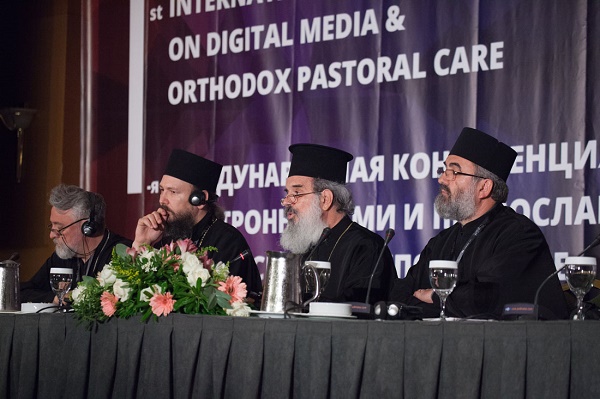This study reads the main data science principle through the eyes of the Church fathers, in order to explore its effect on the pastoral arena and try to see where the benefit lies. We all know that all what we do, think, express, and perform today is made into data. Our posts, emails, preferences, personal information, memories and hopes are all becoming data.
To understand the appearance of data science we have to recall the whole course of advancement. The anthropologist Elvin Toffler speaks about three waves in the history of humanity. Some other historians call them revolutions. We are now on the third wave which is the information revolution accommodated in the post-industrial society called by many the information age. Its main characteristic is the growing economic, social and technological role of information.
In this progression from one wave to another, from one age to another, science developed its processes. The process that is generally accepted by the majority of sciences and that concerns us speaks about the path to be followed to attain the truth. This path consists of phases: data gathering, transforming data into information, developing information into knowledge, evolving knowledge to wisdom, the end is with wisdom maturing into truth.
Nevertheless, questions arise over the validity of this process; especially that science does not always answer but spends more time on definitions and proofs than on solutions. A dilemma is faced because the development of data into truth through information, knowledge and wisdom, is not unchallenged. This state gives rise to different definitions and turn knowledge, wisdom, and truth into buzzwords.
Above all, a consideration of the interconnected world is mandatory. The state of affairs of information cannot be easily summarized through information surplus, the quality of information and the knowledge acquired. Studies talk about information overload, lack of references, and new sciences like Cyber psychology and data science.
In the church’s Daily Life, we can see access to more and more homilies, prayers, sacred texts, psalms. Much is said about people starting and closing their day by checking their Facebook. More is written about the struggle to increase the likes and friends virtually. Many cases describe how people get hysteric if disconnected.
Terabytes of selfies are produced daily, with altars, shrines and icons in the background. Many priests are active on social media while hardly seen in their parishes. Requests for e-prayers and e-confessions are circulating on different networks. All this indicate that something is going unbalanced.
Attempting to read these facts from an Orthodox pastoral perspective based on the Tradition of the Orthodox Church and Its fathers, it can be noted that the Fathers’ trichotomy is rejected. The human person is not anymore body, soul and spirit only but another life classification is adopted. There is much talking and writing about spiritual life, political life, family life, sexual life, social life, virtual life, with room for many other lives. A human has many lives and the life in Christ becomes one among them, with no priority on others.
To study this situation, in light of Tradition, we should explore how the Church sees knowledge and applies it. St Isaac the Syrian sees that true knowledge is understanding everything through God. Knowledge can be attained by faith and practice of virtues. Life in holiness brings holy knowledge.
Modern Church fathers, like St Justin Popovich, St Luke of Crimea and Fr. John Romanides speak about Christian knowledge, research of the spiritual with the scientific methods, the similarities of methods and the differences of their application.
Analysis of the teachings of the Fathers, leads to the conclusion that it is hazardous to apply the science process on the spiritual arena. To avoid this danger, the Christian virtue of discernment, as defined by St John Climacus, is essential. Discernment is, and is recognized as, the certain understanding of the Divine Will on all occasions, in every place and in all matters.
To conclude, in addition to what was said, three points should be recalled: 1) When Pontius Pilate asked: Quid est veritas? Jesus answered: I am the way and the TRUTH and the life (John 14:6). 2) Jesus’ invitation to Nathanael: “Come and See”. 3) The teaching of St Diadochos of Photiki: “nothing is so destitute as a mind philosophizing about God when it is without Him”. Accordingly, truth is not a concept but a person and we don’t look to know but to meet. With discernment we don’t mix the Christian truth with the world’s truth.
How to apply this conclusion on the pastoral arena? Much is said about restraining, programming and scheduling, in addition to a plethora of studies on age and cognition, but the answer is with the Apostle Paul in Corinthians 6:12: “All things are lawful unto me, but all things are not expedient: all things are lawful for me, but I will not be brought under the power of any.”




